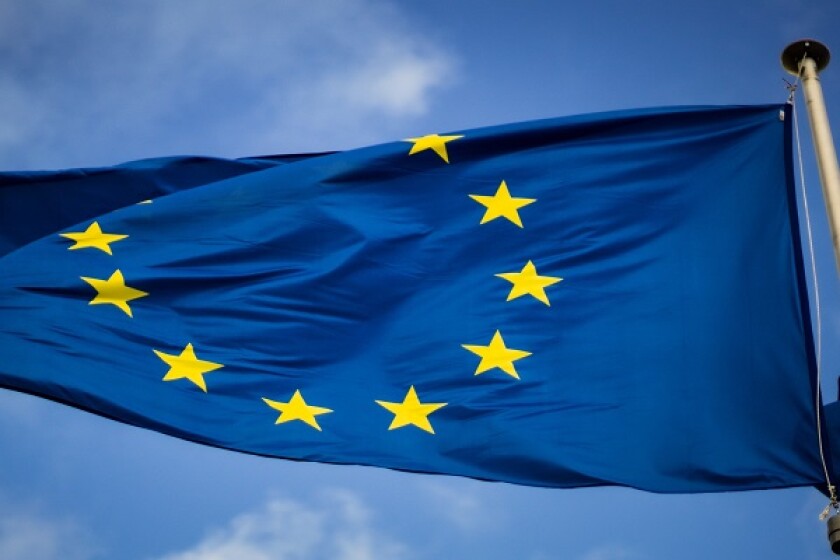The Unitary Patent (UP) and Unified Patent Court (UPC) regime is expected to enter into force in late 2022 or early 2023. Under the future system, patentees may request unitary effect for their patents in the 17 EU States currently participating to the system. Patents with unitary effect will not have to undergo country-by-country validation.
The exact date of entry into force of the new system will be triggered by Germany’s depositing of its instrument of ratification of the Unified Patent Court Agreement.
In preparation for the coming into existence of the new system, the EPO has implemented transitional measures applicable to European patent applications having reached the final stage of the grant proceedings.
The measures will be available for European patent applications, in respect of which the EPO has issued its communication under Rule 71(3) EPC informing the applicant of the intention to grant a patent.
The first transitional measure provides the possibility for applicants to file a request for unitary effect before the entry into force of the new system. Once the UP system has started, the EPO will register unitary effect. Requests for unitary effect cannot, however, be validly filed before Germany deposits its instrument of ratification, or before the communication under Rule 71(3) EPC has been issued.
The second transitional measure enables applicants to request a delay in the EPO’s issuing of the decision to grant a European patent until immediately after the entry into force of the UP system. Patentees may thus benefit from unitary protection and hence avoid country-by-country validation in the 17 participating countries. However, only requests filed after the date of Germany’s depositing of its instrument of ratification will be allowed.
In respect of cases, where time limits for replying to ‘office actions’, i.e., communications under Article 94(3) EPC, or time limits under Rule 71(3) EPC, are already running, applicants who wish to benefit from unitary protection may consider not lodging early replies with the EPO. Rather, applicants may wish to benefit from the full reply periods available in order to increase their chances of being able to benefit from the transitional measures.
Jakob Pade Frederiksen
Partner, Inspicos P/S











